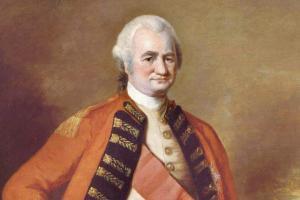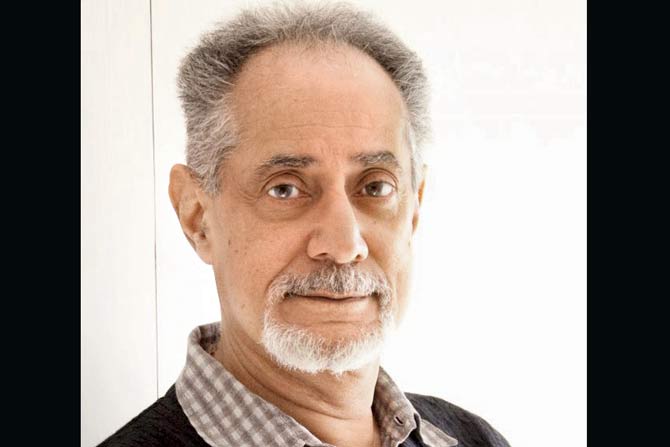At a lecture today, historian Dr Zarir Masani clears misconceptions around the statesman by examining his personal and political life

.
Robert Clive's name comes with labels attached to it — a plunderer, trickster and "social" psychopath. In an age of fake news where anything can seem believable, which of these versions do we stand by? Historian Dr Zarir Masani insists that we study Clive — the first British governor of Bengal — in context. That's the idea he will convey today in a lecture titled Robert Clive: The Man Who Would Be King, at the KR Cama Oriental Insitute.
ADVERTISEMENT
Edited excerpts from the interview.
What are the misconceptions rooted in Clive's story?
There is a lot of demonisation around him by the anti-colonial lobby. Clive needs to be looked into in the Indian context of the 18th century where plunder was normal. When Akbar captured Chittor, for instance, he killed 40,000 people including women and children. So we celebrate Akbar and forget about this fact. Clive was quite humane by the standards of his time. He didn't kill people and looted far less than most Indian rulers. Unlike Siraj ud-Daulah who was a decadent ruler, Clive did give Bengal better administration. He was also suffering from depression and took opium to deal with that. He also had a severe stomach complaint throughout his life and at 49, committed suicide in the UK.
How does he compare with the other British officers of his time?

Dr Zarir Masani
He was certainly the most outstanding person of his generation at the EIC at the time. He had no rival. His talents made him unpopular among the British political class because he came from humble origins and rose to the top with the wealth and status the aristocracy didn't feel he deserved. One of the reasons that drove him to suicide was the fact that his British political ambitions were not recognised.
What points will you touch upon at the lecture?
I will start by talking about Clive's origin and why he is important to us today, and take a look at his career, the controversial episodes and his later life, when he returned to England. I will also examine his role in British politics and what drove him to suicide. It is important in India to recognise that people like him were not devils incarnate. This is to show that you need to judge people by the standards of their time.
Free
On Today, 6 pm onwards
At Sir JJ Modi Memorial Hall, KR Cama Oriental Institute, opposite Lion Gate, SBS Marg.
Call 22843893 (to RSVP)
Catch up on all the latest Mumbai news, crime news, current affairs, and also a complete guide on Mumbai from food to things to do and events across the city here. Also download the new mid-day Android and iOS apps to get latest updates
 Subscribe today by clicking the link and stay updated with the latest news!" Click here!
Subscribe today by clicking the link and stay updated with the latest news!" Click here!






